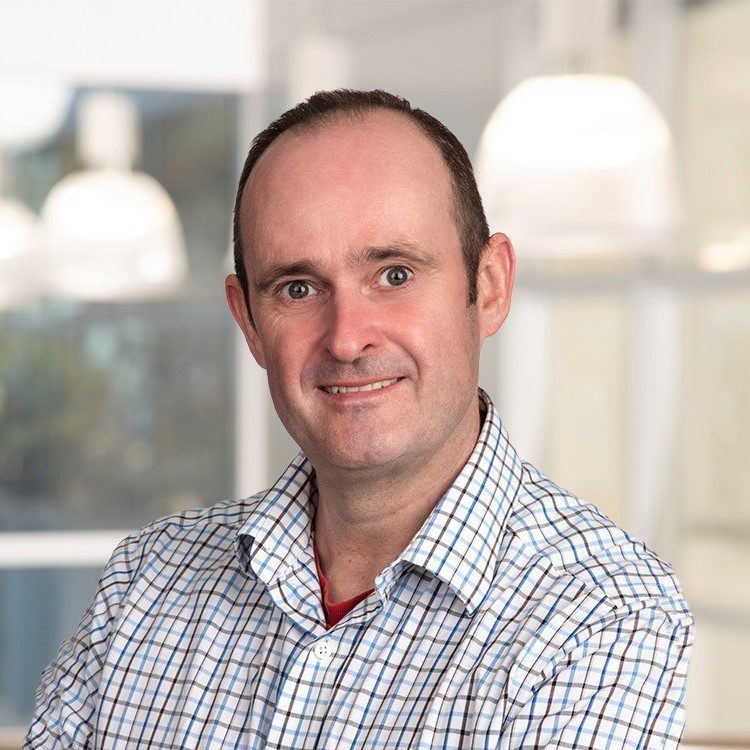Life Sciences
FDA slaps a partial hold on Avidity’s mAb-siRNA therapy, pausing enrollment in muscle weakness disease study
Avidity Biosciences will have to wait to enroll new patients in a Phase I/II study of its therapy for myotonic dystrophy type 1, or DM1, which weakens…

Avidity Biosciences will have to wait to enroll new patients in a Phase I/II study of its therapy for myotonic dystrophy type 1, or DM1, which weakens muscles and leads to respiratory and cardiac issues.
The FDA is docking new enrollment in the MARINA study as the company and one of its trial investigators look into a serious adverse event reported in a patient in the 4 mg/kg cohort, the biotech said Tuesday morning. Patients currently enrolled can continue on the study drug or placebo and roll over into the open-label extension.
On an investor call, executives repeatedly declined to describe the adverse event, when it occurred or the status of the patient, citing privacy concerns. Asked if the patient was still alive, the company said yes.
 Steve Hughes
Steve HughesMedical chief Steve Hughes said the biotech doesn’t believe the events are related to the platform or the target. The drug, dubbed AOC 1001, comprises a monoclonal antibody that binds to transferrin receptor 1, TfR, that is conjugated with a small interfering RNA, or siRNA. The goal is to reduce the amount of myotonic dystrophy protein kinase (DMPK) RNA.
The target, TfR, is also involved in Dyne Therapeutics’ Duchenne muscular dystrophy drug DYNE-251 and Denali Therapeutics’ Alzheimer’s therapy DNL919, both sidelined by the FDA earlier this year. The agency cleared Dyne’s trial in the summer, and Denali said last month it’s now testing the drug in the Netherlands.
Hughes said the San Diego biotech doesn’t believe the event is related to DMPK knockdown, either. The company is working with the investigator on more testing and gathering more information about the patient’s medical and family history “to determine what is the most likely underlying cause for the event that we’ve seen,” the CMO said on the investor call.
The patient was part of the 4 mg/kg cohort, which includes about 18 of the nearly 40 patients enrolled thus far, CEO and president Sarah Boyce said on the call. The study aims to enroll 44 patients, according to a federal trials database, and Boyce said the enrollment numbers aren’t expected to change. There are also no plans at the moment to change inclusion criteria, she said in response to questions on the conference call.
The 4 mg/kg dose is “approximately an order of magnitude lower than doses that we’ve used in tox studies,” chief scientific officer Art Levin said during the call.
It’s the dose that will likely pack the most punch.
“Those tox studies have extended to nine months of duration where the highest dose used was essentially the no adverse effect level, so we have a significant safety margin to provide escalation. But again the data that we found in nonclinical studies would suggest that the knockdown that we produce at the dose of 4 mg/kg would be close to the maximal knockdown that we can achieve,” Levin continued.
DM1 affects more than 40,000 people in the US, where there is no approved therapy. Preliminary safety, tolerability and biomarker data for about half of the study enrollees will be released next quarter.
As new enrollment in the MARINA study gets held up, the company is moving into the clinic with two other treatments: AOC 1020 for facioscapulohumeral muscular dystrophy (FSHD) and AOC 1044 for Duchenne muscular dystrophy (DMD) with mutations amenable to exon 44 skipping.

Wittiest stocks:: Avalo Therapeutics Inc (NASDAQ:AVTX 0.00%), Nokia Corp ADR (NYSE:NOK 0.90%)
There are two main reasons why moving averages are useful in forex trading: moving averages help traders define trend recognize changes in trend. Now well…
Spellbinding stocks: LumiraDx Limited (NASDAQ:LMDX 4.62%), Transocean Ltd (NYSE:RIG -2.67%)
There are two main reasons why moving averages are useful in forex trading: moving averages help traders define trend recognize changes in trend. Now well…
Asian Fund for Cancer Research announces Degron Therapeutics as the 2023 BRACE Award Venture Competition Winner
The Asian Fund for Cancer Research (AFCR) is pleased to announce that Degron Therapeutics was selected as the winner of the 2023 BRACE Award Venture Competition….














